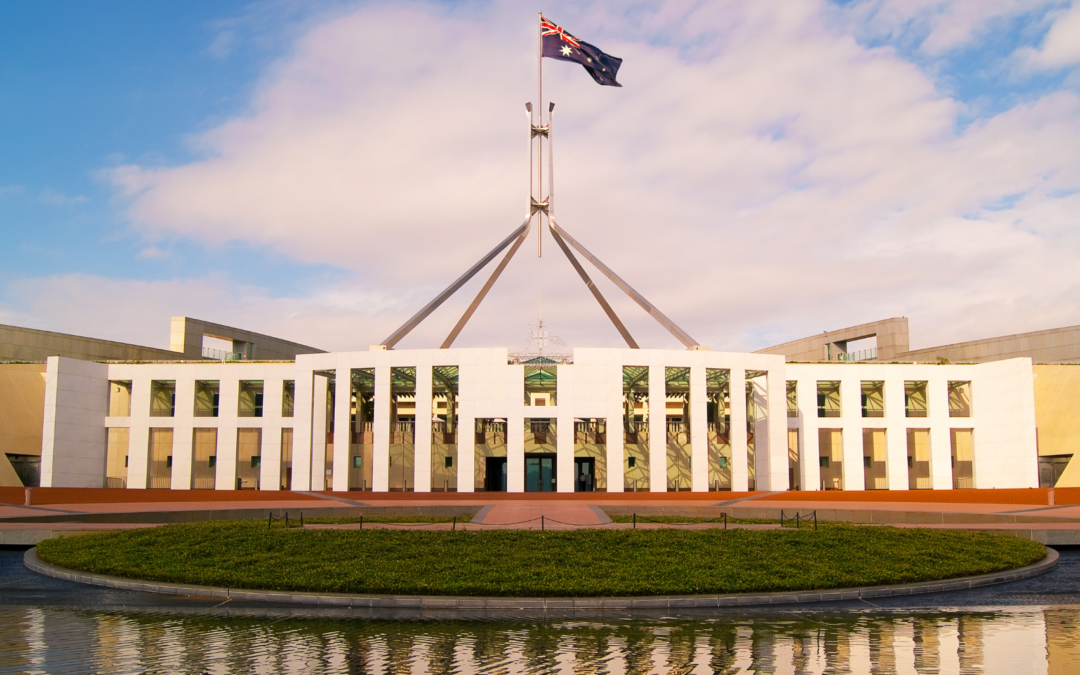The Senate Economics Legislation Committee has recommended that a bill containing amendments to deny income tax deductions for general interest charge (GIC) and shortfall interest charge (SIC) amounts, incurred by taxpayers, be passed by Parliament.
In its report, the Committee said the current arrangements where taxpayers can deduct the GIC and SIC were too generous and “undermine the deterrent purpose of these charges”.
“Removing the ability to deduct these charges would ensure that interest on overdue tax liabilities remains an effective deterrent and will promote accurate self-assessment and timely payment of tax liabilities,” the Committee said.
The Committee said denying these deductions would encourage taxpayers to accurately self-assess and to make prompt payments of their tax liabilities when they fall due.
“The committee notes that the ATO’s debt book has grown substantially in recent years, with collectable debt increasing by 99 per cent between 2018-19 and 2023- 24 to reach $52.8 billion,” it said.
The Committee rejected proposals made by professional accounting bodies and The Tax Institute during the inquiry, such as reducing GIC and SIC rates or removing deductibility on only GIC, as they would “dilute the measure’s effectiveness”.
“The committee also acknowledges concerns raised by participants about the potential impact on small businesses and individuals facing cash flow challenges”.
The committee however notes that the Commissioner of Taxation will retain a discretion to remit, or partially remit, GIC and SIC where, for example, taxpayers are affected by a natural disaster, sudden illness, or financial hardship.
The Tax Institute and professional bodies previously warned that proposed measures could have significant consequences for businesses and the wider economy. They argued that with the increased financial pressure, it may force businesses to divert resources from critical operations such as payroll or purchasing inventory, putting their long-term viability at risk.
CPA Australia said denying GIC and SIC deductions was an excessive measure given the ATO’s firm approach to debt recovery efforts. With interest rates as high as they are, this will disproportionately affect businesses with cash issues, particularly sole traders on the highest marginal tax rate.
In summary, you must question if this really is about repaying outstanding tax debt, or just another penalty on taxpayers struggling to do the right thing and meet their obligations. The impact on existing tax debt is very concerning.
We Can Help
Please contact our team if you need support in managing your tax obligations or business cashflow.

